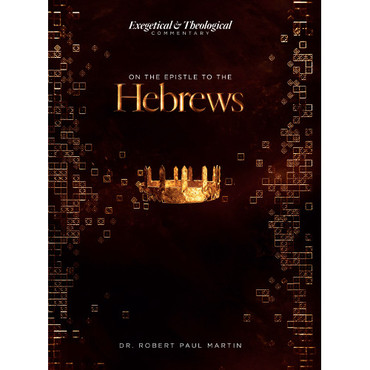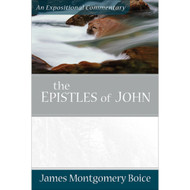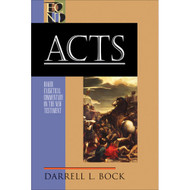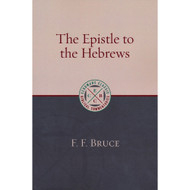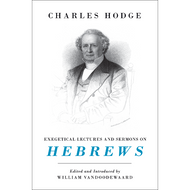Categories
Categories
- Home
- New Releases
- Exegetical & Theological Commentary on the Epistle to the Hebrews
Exegetical & Theological Commentary on the Epistle to the Hebrews
Product Description
Endorsements
“Those who knew Dr. Robert Martin, knew him for his careful scholarship, conservative orthodoxy, and confessional integrity.”
~ Dr. Samuel E. Waldron, Pastor, Grace Reformed Baptist Church, Owensboro, KY. Dean of Covenant Baptist Theological Seminary & Professor of Systematic Theology, Owensboro, KY
“Robert Martin marinated his mind in the glorious truths of Hebrews for four decades. What a joy to have his comments, which have blessed so many students, now in print!”
~ Dr. Joel R. Beeke, Pastor, Heritage Reformed Congregation, Grand Rapids, MI. President & Professor of Systematic Theology & Homiletics, Puritan Reformed Theological Seminary,
Grand Rapids, MI
“Busy pastors who need a one-volume commentary that assesses the value of interpretations of the book of Hebrews made by the great and worthy (from the early church Fathers to Calvin and Owen, Hughes and Brown, to mention just a few) can spare themselves much time by simply reading this magnificent commentary by Robert Martin.”
~ Dr. Derek W. H. Thomas, Senior Minister, First Presbyterian Church, Columbia, SC. Chancellor’s Professor of Systematic and Pastoral Theology, Reformed Theological Seminary, Jackson, MS. Teaching Fellow, Ligonier Ministries.
An excerpt from the pages of Dr. Robert Martin’s Commentary on the Epistle to the Hebrews
Hebrews 1:1–2a God, who at various times and in various ways spoke in time past to
the fathers by the prophets, 2a has in these last days spoken to us by His Son.
“In these opening verses, the writer, of course, implies that God did not say everything at once. He points to two great epochs of God’s speaking — one which concluded “in time past” (or, better yet, “long ago”), the other which has occurred “in these last days.” Hebrews thus begins with the comparison of these two great epochs of revelatory history. These epochs are governed by two great covenants and revelations — the Mosaic/old covenant and the better/new covenant — that is, by God’s revelation in Moses and the prophets and by his revelation in his Son. The old covenant is marked by incompleteness and anticipation and is preliminary and temporary. The new covenant, however, is marked by completeness and fulfillment and is final and permanent.
“In the course of his letter, the writer says much about differences in these revelations and covenants; however, we also must keep in view their basic unity and continuity. God is the source of both revelations.”
 Loading... Please wait...
Loading... Please wait... 
